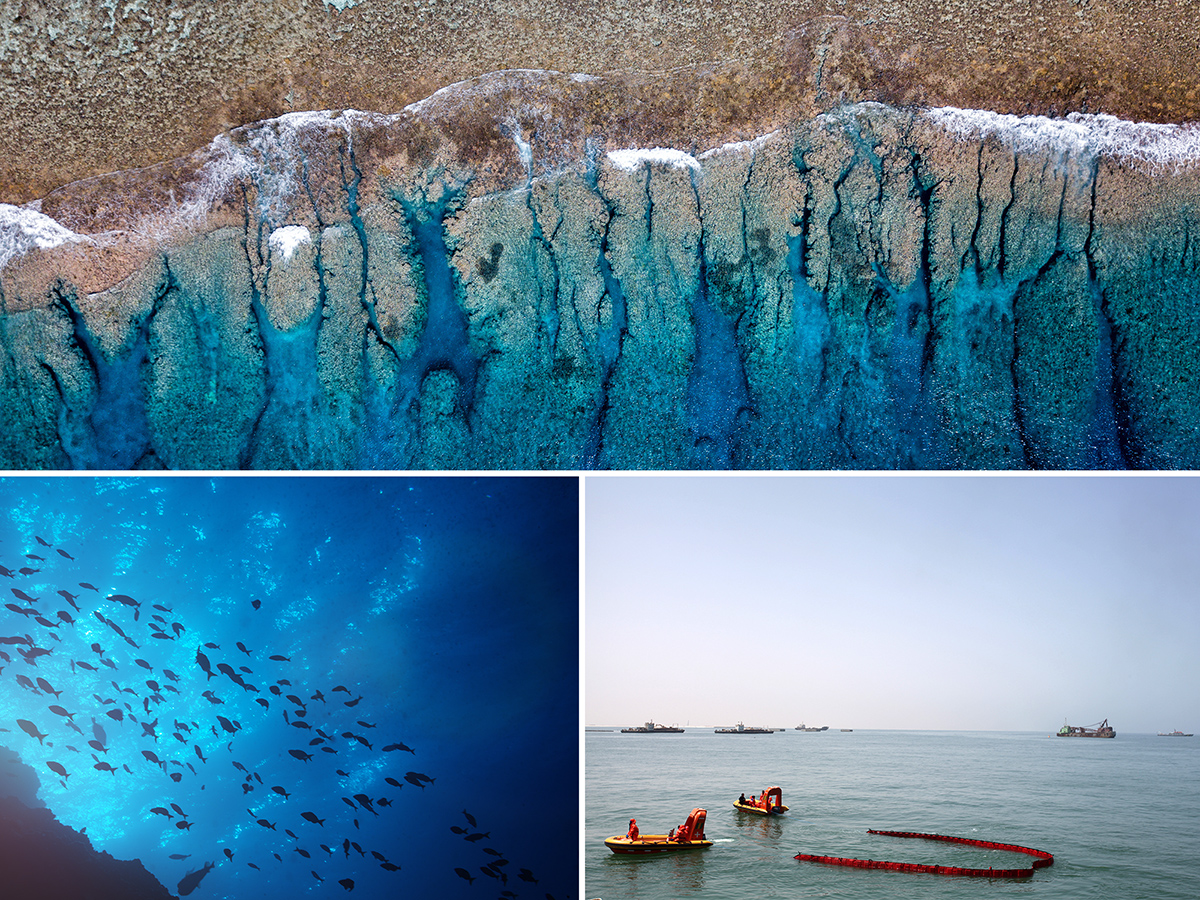Ukraine is laying the groundwork towards eventual accession to the International Convention on Oil Pollution Preparedness, Response and Co-operation 1990 (OPRC), supported by a study led by IMO.
The feasibility study, conducted virtually from 1 October to 30 November, will evaluate key factors for Ukraine joining the OPRC Convention. This Convention provides the legal framework for international cooperation to deal with major oil pollution incidents.
Legislative framework
Factors such as Ukraine’s existing legislative framework, institutional capacity, and resources allocated for oil pollution preparedness and response will be examined. The findings will help to outline a roadmap for the country’s accession to the Convention, while identifying potential barriers to its effective implementation.
Regulatory framework

The study will also consider the broader regulatory framework dealing with marine pollution, including IMO instruments related to prevention, response and liability and compensation, with a view to further strengthening Ukraine’s maritime regulatory regime.
Civil Liability Convention
Ukraine has ratified the 1992 Civil Liability Convention but yet to ratify or accede to other liability and compensation instruments, such as the Bunkers Convention and the 1992 Fund Convention.
Resolution A.1183(33)
Funded through IMO’s Integrated Technical Cooperation Programme (ITCP), this assistance follows the adoption of resolution A.1183(33) by the IMO Assembly, which called for technical cooperation to support Ukraine in the implementation of IMO instruments.
Read more :
IMO :Caspian Sea States bolster regional cooperation on oil spill
IMO : Virtual training Enhancing Lebanon’s readiness for oil spills
Philippine oil tanker sinks in Manila Bay, a possible major spill




